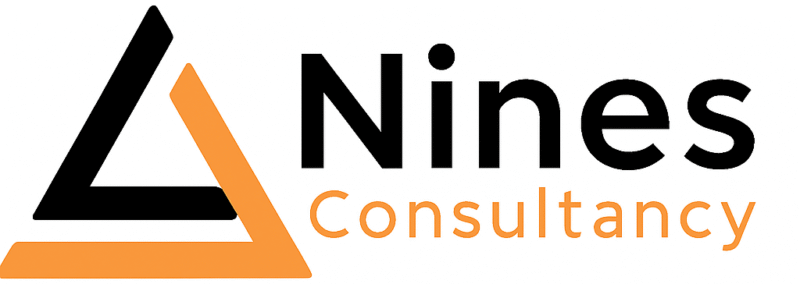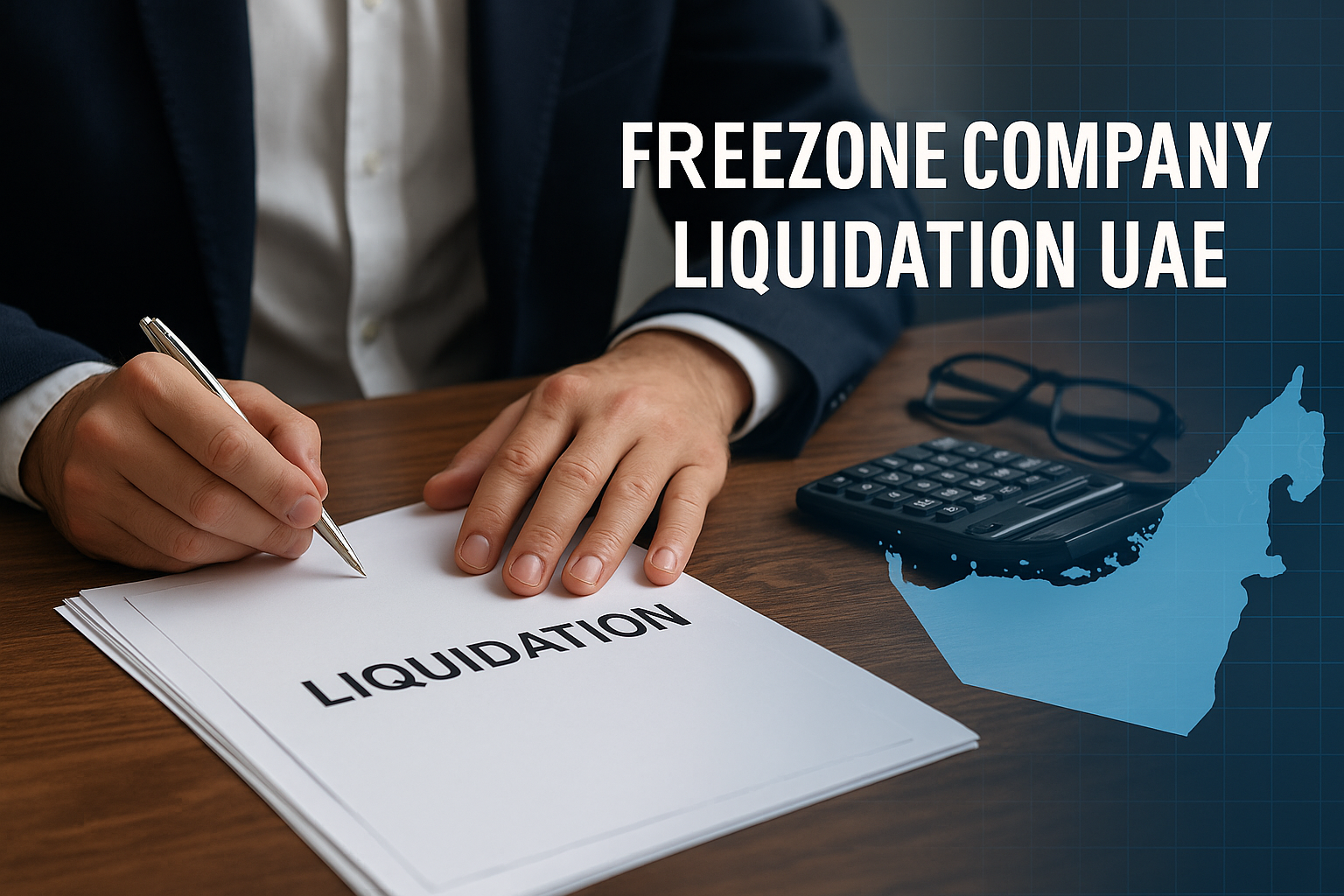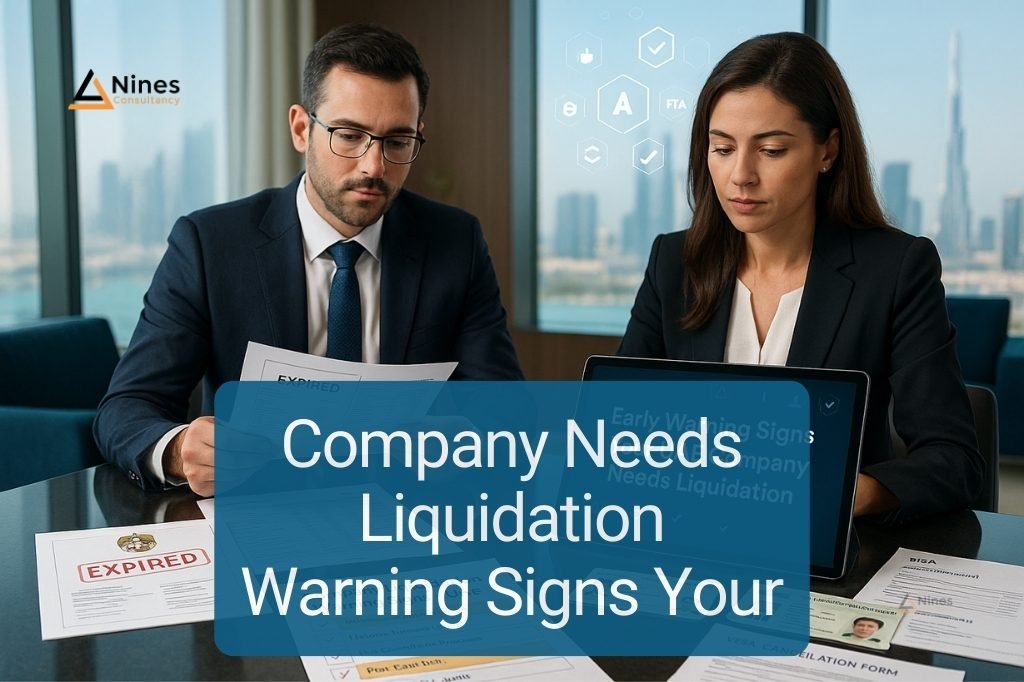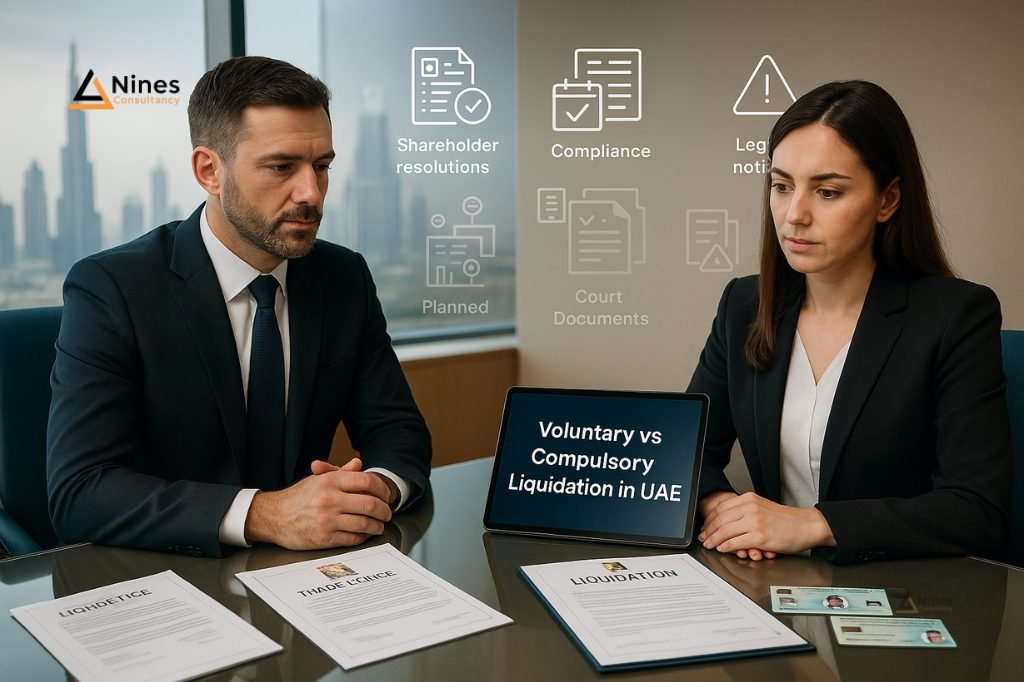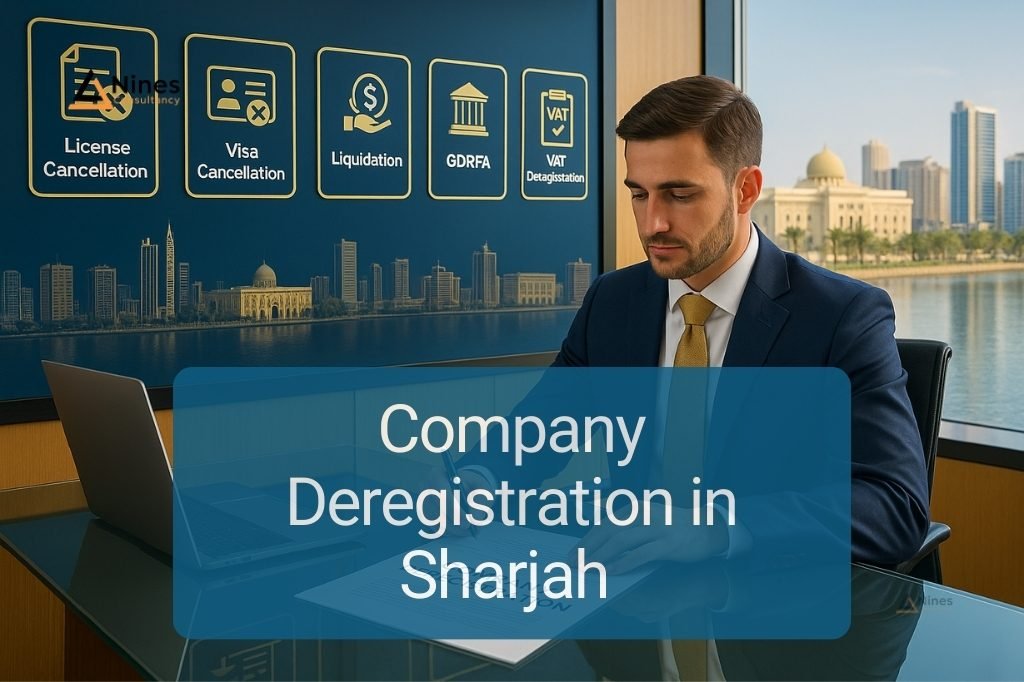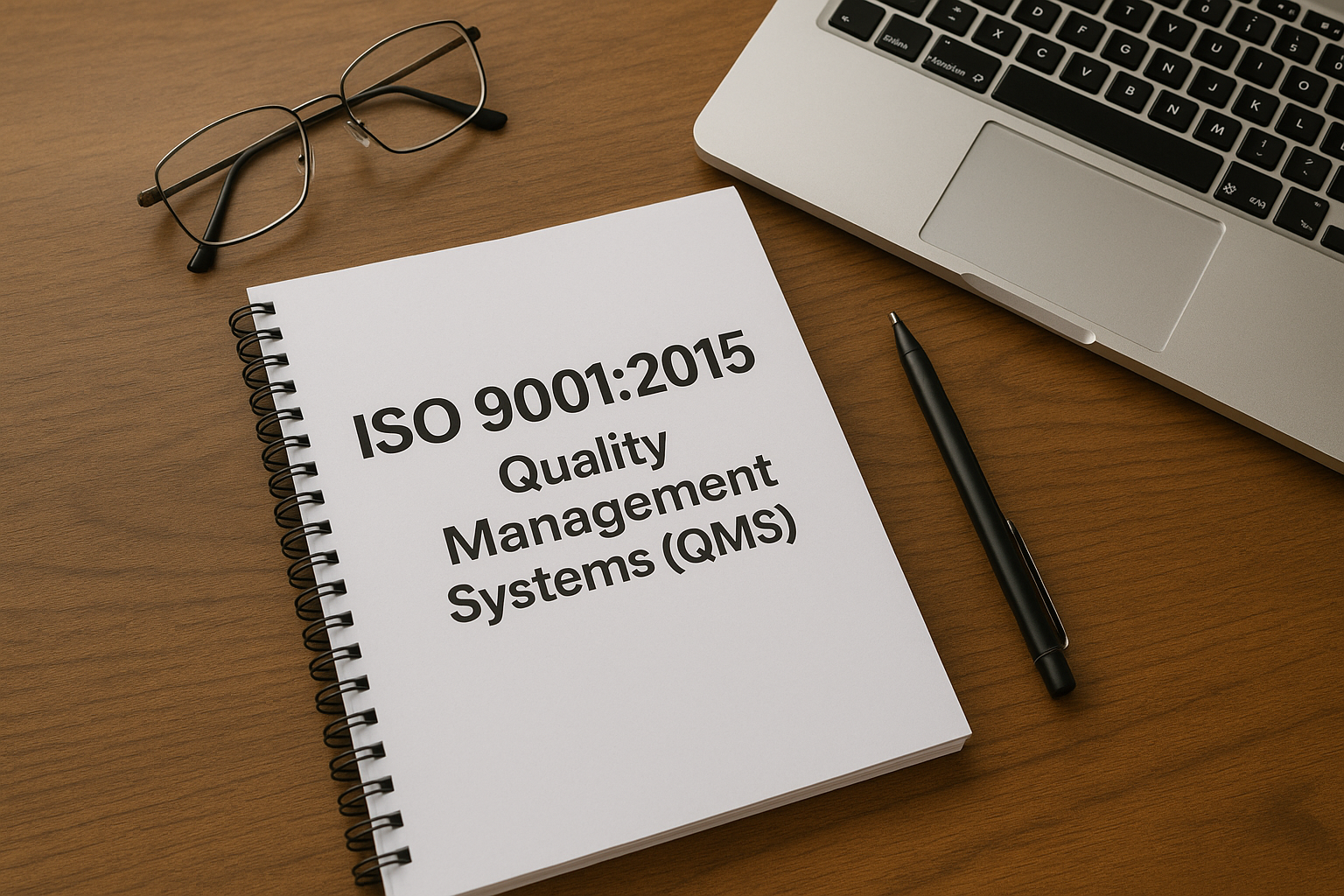Introduction
Did you know that over 15% of businesses in UAE Freezones undergo liquidation every year due to restructuring, relocation, or financial adjustments? While company formation in UAE Freezones is a smooth process, many entrepreneurs are unaware that Freezone company liquidation also requires a structured, legal approach.
Whether your business has achieved its goals or faces operational challenges, knowing how to liquidate a Freezone company in the UAE correctly can save you from unexpected fines, legal disputes, and compliance risks.
This article explains everything you need to know about Freezone company liquidation including the step-by-step process, costs, legal requirements, and how Nines Consultancy can assist you in completing the process smoothly with 100% compliance.
What is Freezone Company Liquidation in UAE
Freezone company liquidation means officially closing down a Freezone business by canceling all its licenses, visas, and approvals under the supervision of the respective Freezone Authority. It involves settling all liabilities, clearing employee dues, and ensuring that no legal or financial obligations remain.
This process is governed by Freezone regulations and UAE laws to ensure transparency and protect all parties involved including shareholders, creditors, and employees.
Types of Freezone Company Liquidation
There are mainly two types of liquidation processes for Freezone companies in the UAE:
- 1. Voluntary Liquidation
This occurs when the company’s shareholders decide to close the business voluntarily. It is usually done when:
• The business has achieved its purpose.
• Owners want to exit or relocate.
• The company is solvent and can pay off all debts. - Common subtypes include:
• Members Voluntary Liquidation (MVL): When the company is solvent.
• Creditors Voluntary Liquidation (CVL): When the company is insolvent but closure is initiated voluntarily. - 2. Compulsory Liquidation
This happens when the Freezone Authority or the court forces the company to shut down. It usually takes place when:
• The company fails to renew its trade license.
• There are legal disputes or unpaid debts.
• The business violates regulations or fails to operate for a long period.
Why Liquidate a Freezone Company Properly
Many business owners think closing a company means simply stopping operations. However, in the UAE, failure to liquidate a Freezone company correctly can lead to:
- Penalties for unrenewed trade licenses.
- Accumulated visa fines for employees.
- Legal issues with banks and suppliers.
- Blacklisting of shareholders or directors.
- Difficulty opening new businesses in the future.
A proper Freezone company liquidation process ensures full legal compliance and protects your reputation as a responsible business entity.
Step-by-Step Process of Freezone Company Liquidation in UAE
Each Freezone (like DMCC, JAFZA, IFZA, DAFZA, or Sharjah Media City) has its own guidelines. However, the general process is quite similar across all authorities.
- Step 1: Board Resolution
Shareholders must pass a resolution approving the decision to liquidate the company. This document needs to be notarized and submitted to the Freezone Authority. - Step 2: Appoint a Licensed Liquidator
A licensed liquidator (approved by the Freezone) must be appointed to handle the closure. The liquidator issues a Liquidation Report and No Objection Certificate (NOC) after reviewing the company’s financials. - Step 3: Clearance from Freezone Authority
The company must obtain clearance certificates from:-
- Freezone Authority
- Utility providers (DEWA, SEWA, FEWA, etc.)
- Leasing department or property management
- Customs and Port Authority (if applicable)
-
- Step 4: Visa and Labor Cancellation
All employee and investor visas must be canceled through the Freezone’s immigration system. The company should also settle all employee benefits and end-of-service payments. - Step 5: Bank Account Closure
Before liquidation completion, the company must close its corporate bank account and obtain a bank closure confirmation letter. - Step 6: Final Audit and Liquidation Report
The appointed liquidator prepares the final liquidation report confirming all dues are cleared and assets are disposed of properly. - Step 7: License Cancellation
Submit all documents to the Freezone Authority. Once reviewed, the authority cancels the trade license and issues the Company Deregistration Certificate.
Documents Required for Freezone Company Liquidation
The following documents are generally required to liquidate a Freezone company in the UAE:
- Shareholder resolution for liquidation
- Appointment letter of the liquidator
- Trade license copy
- Establishment card
- Copy of Memorandum and Articles of Association (MOA)
- Latest audited financial statements
- Visa and labor card cancellation proof
- Bank account closure letter
- Clearance certificates from relevant departments
Cost of Freezone Company Liquidation in UAE
The cost of liquidating a Freezone company varies depending on the Freezone Authority, the type of company, and pending obligations. On average, it ranges from AED 3,000 to AED 8,000.
Factors influencing liquidation cost include:
• Type of liquidation (voluntary or compulsory)
• Number of employees and visas
• Office or warehouse lease termination
• Outstanding liabilities or fines
• Liquidator fees
At Nines Consultancy, we offer affordable and transparent Freezone company liquidation services in UAE, ensuring you pay only for what’s required.
Timeline for Freezone Company Liquidation
Typically, the entire process takes 20 to 45 working days depending on the Freezone and document readiness. Delays may occur if:
• Employee or visa cancellations are pending.
• Bank account closure is incomplete.
• Clearance certificates are delayed.
Frequently Asked Questions (FAQ)
1. Can I liquidate my Freezone company without clearing debts?
No, all debts must be settled or legally resolved before the Freezone Authority approves liquidation.
2. What happens to my employees during liquidation?
You must provide all end-of-service benefits and cancel their visas before final liquidation approval.
3. Can a company reopen after liquidation?
Once liquidated, the company is permanently deregistered. You can form a new entity but not reopen the same license.
4. How long does Freezone company liquidation take?
The process generally takes 3 to 6 weeks, depending on the Freezone and completeness of documentation.
5. Is appointing a liquidator mandatory?
Yes, most Freezones require a certified liquidator to prepare and submit the final liquidation report.
Conclusion
Closing a Freezone company in the UAE is not just an administrative process it’s a legal and financial responsibility. Proper liquidation ensures you exit smoothly, protect your reputation, and remain eligible for future business ventures in the UAE.
At Nines Consultancy, we provide expert Freezone company liquidation services tailored to your business type and Freezone regulations. Our goal is to make the process simple, affordable, and completely transparent.
Contact us today to get your Freezone company liquidation started smoothly and legally.
